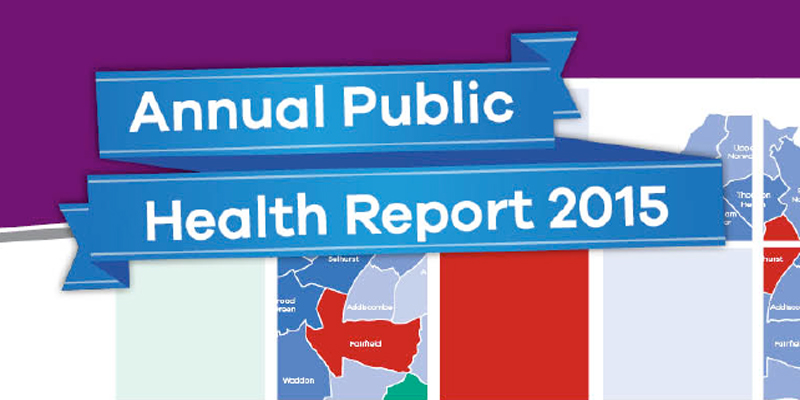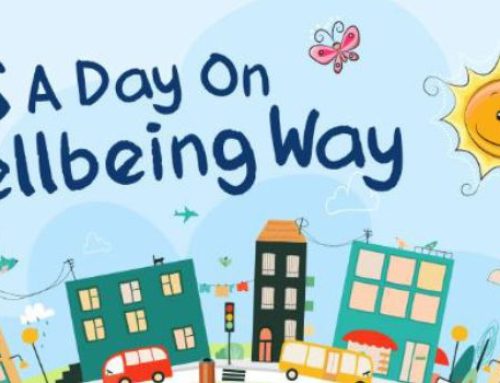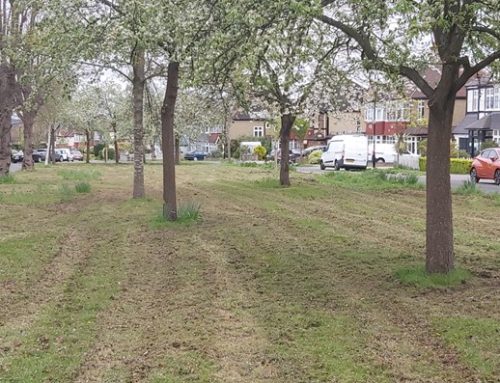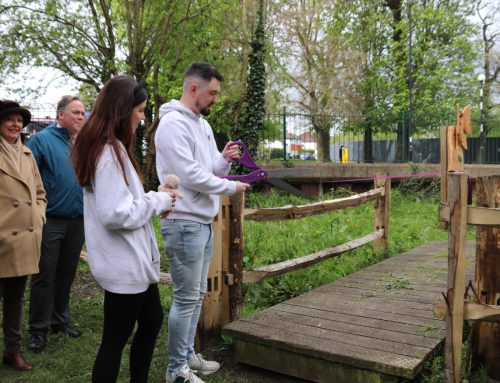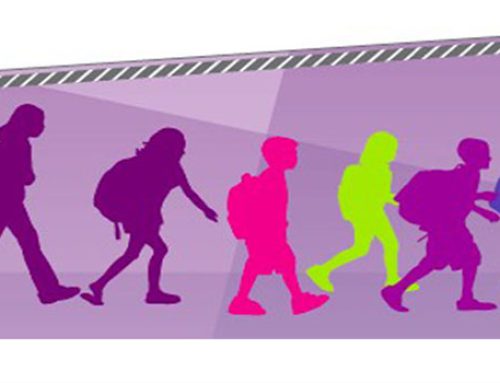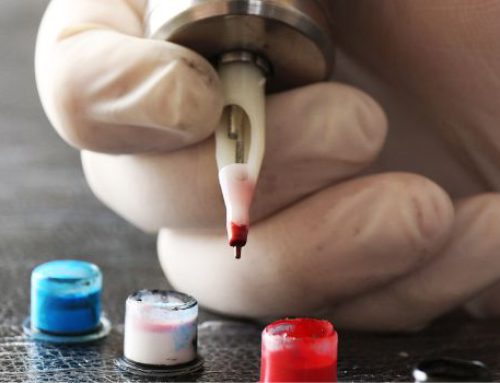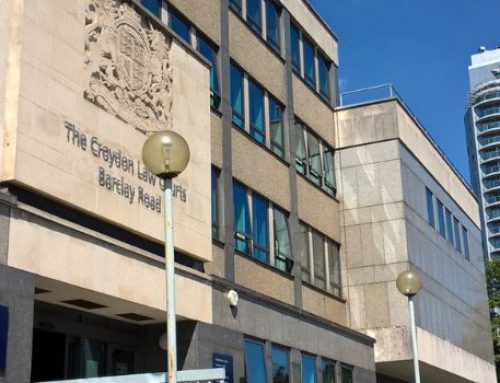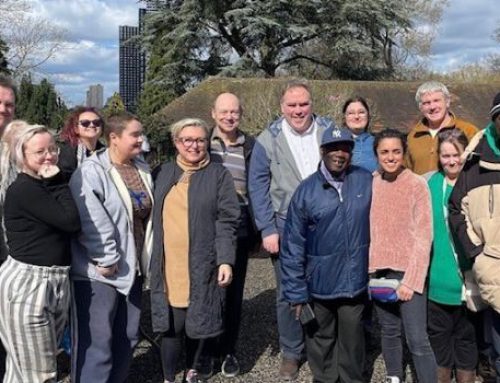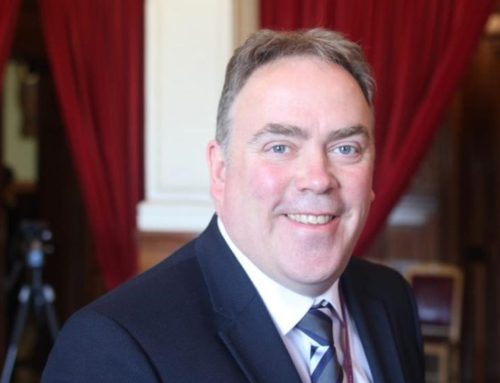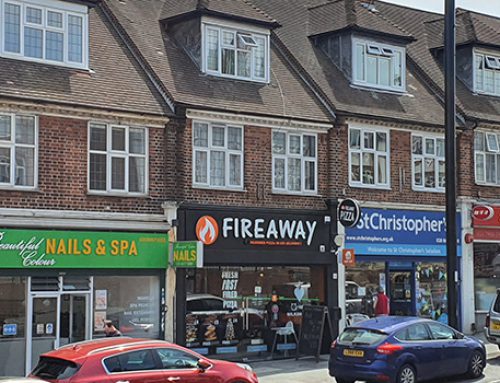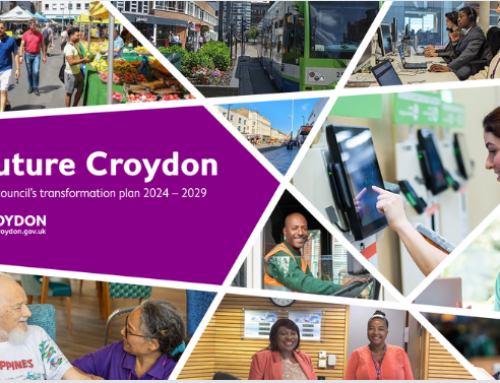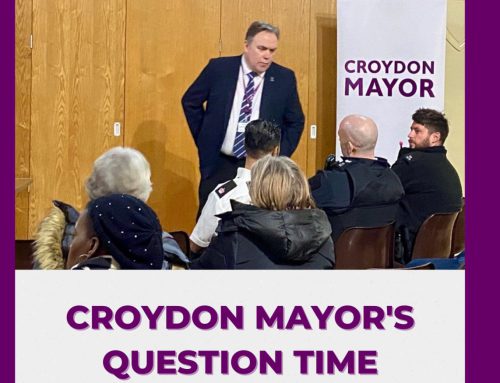A voluntary ban on smoking in children’s playgrounds, the reduction of child poverty through more effective partnerships and getting more people back to work and remaining in employment, are among the plans Croydon will develop to further reduce local health inequalities.
The Annual Public Health Report, expected to be approved by the council’s cabinet on Monday (13) provides a check on the health outcomes for Croydon residents, and reviews how services are performing locally.
This year’s report gives a snapshot of 10 key areas – including weight, drug and alcohol misuse, poverty, and mental health – to demonstrate the importance of health and well-being, their impact on the local economy and the potential for improvement across a person’s life course. It also outlines what the council and its partners are doing to make further improvements in the future.
The findings reveal that in Croydon, one in eight two-year-olds and a quarter of five-year-olds are not receiving the MMR (measles, mumps and rubella) injection to protect them against these highly infectious diseases. A quarter of Croydon’s children (17,000) are living in poverty, and child poverty is expected to rise to 27% in the next four years.
There are fewer smokers in the borough, but evidence shows prevalence is highest in Fieldway (29.3%) and lowest in Sanderstead (11.2%), and a 20-a-day smoker sees, on average, £2,900 per year going up in smoke. One in six adults (52,000) drink at risky levels, and obesity rates are concerning with 66% of adults (181,000) and 40% (1,300) of 10- to 11-year-olds identified with this condition.
Croydon’s Opportunity and Fairness Commission is now tasked with supporting public health plans to alleviate the sustained health inequalities between the deprived and less-deprived parts of the borough, including the cycle of unemployment and poor health. The plans also include ways to reduce the billions of pounds spent on reversing preventable health problems.
 Councillor Louisa Woodley, cabinet member for families, health and social care
Councillor Louisa Woodley, cabinet member for families, health and social care
“The consequences of not tackling poor health are detrimental to individuals, families and the local economy. We recognise this in Croydon and, as a result, there has been steady improvement in some areas of health and well-being, particularly with helping people to quit smoking and offering weight-management programmes to tackle obesity in adults and children.
“But we also understand that there are difficult and long-standing health issues that exist in the borough. Sadly, we face the challenge of tackling these difficulties with limited resources.
“Croydon’s future health plans, which emerge from the findings in this year’s Annual Public Health Report, are a step-change to how we will support residents to improve their health and well-being. This includes directing more of our attention to tackling the external factors that impact on people’s daily life such as employment, income, housing conditions, homelessness and the cleanliness of the local environment.”
Work is under way across the council to accelerate progress already helping residents to make lifestyle choices that result in them living longer, healthier lives. The borough has seen increasing numbers of people using its stop-smoking services, and those aged between 40 and 74 are taking advantage of NHS Health Check services offered by some GPs and pharmacies, which can detect the early signs of heart disease, diabetes and dementia.
Projects such as the Food Flagship Borough, funded by the Greater London Authority with the council, Croydon Heart Town in partnership with the British Heart Foundation, and popular walking and physical activity programmes are hailed as contributing toward positive behaviour change. Investments to improve housing standards and prevent homelessness, schemes to help people find jobs and remain in work, as well as tackling the causes of mental illness and social isolation, all target the external factors which also contribute to how well people feel overall.
Other plans outlined in the report to improve the 10 highlighted areas of health include:
- extending Job Centre Plus and local GP partnerships to keep people in work;
- more free swimming sessions for the over 65s;
- increased awareness among GPs and residents to alleviate diabetes risks and properly manage symptoms;
- a multi-food partnership involving residents, voluntary and private sectors as part of the Food Flagship Borough programme; and
- training for business to better understand regulations around young people, tobacco and alcohol sales, and challenging licence applications where alcohol-related harm is evident.
Report author Dr Mike Robinson, Croydon Council’s director of public health, said: “I’m pleased to present my third Annual Public Health Report for Croydon. We are now steering public health in a new direction in order to continue to improve the health and well-being of our residents.
“The report demonstrates that Croydon, like many other areas, still has a great number of health inequalities and we now aim to work in new ways with partners and residents to address many of these deep-rooted problems. We’re doing this by tackling the health consequences of poor housing, inequalities in access to work, and the social isolation faced by many older people.
“This work will enable us to focus on how best to turn behaviours and mind-sets around to achieve the desired results, improve health outcomes for our residents, and attain fair treatment for all.”

